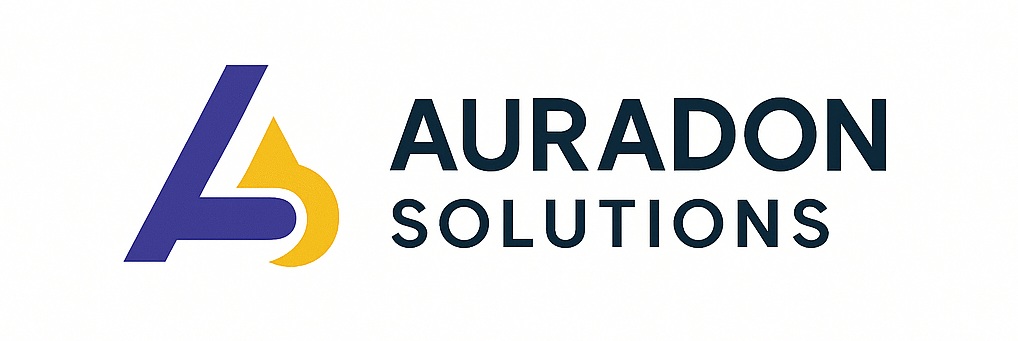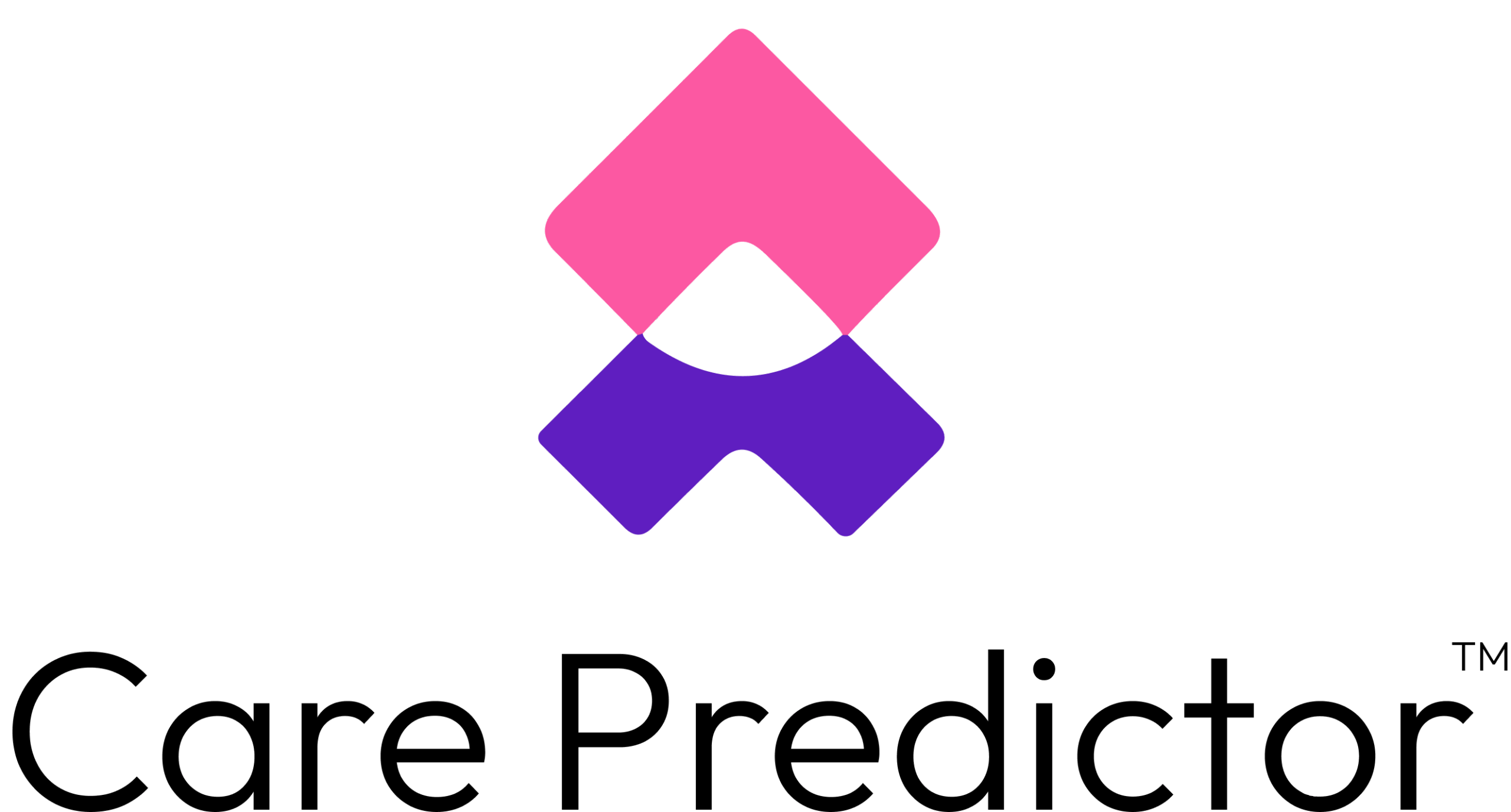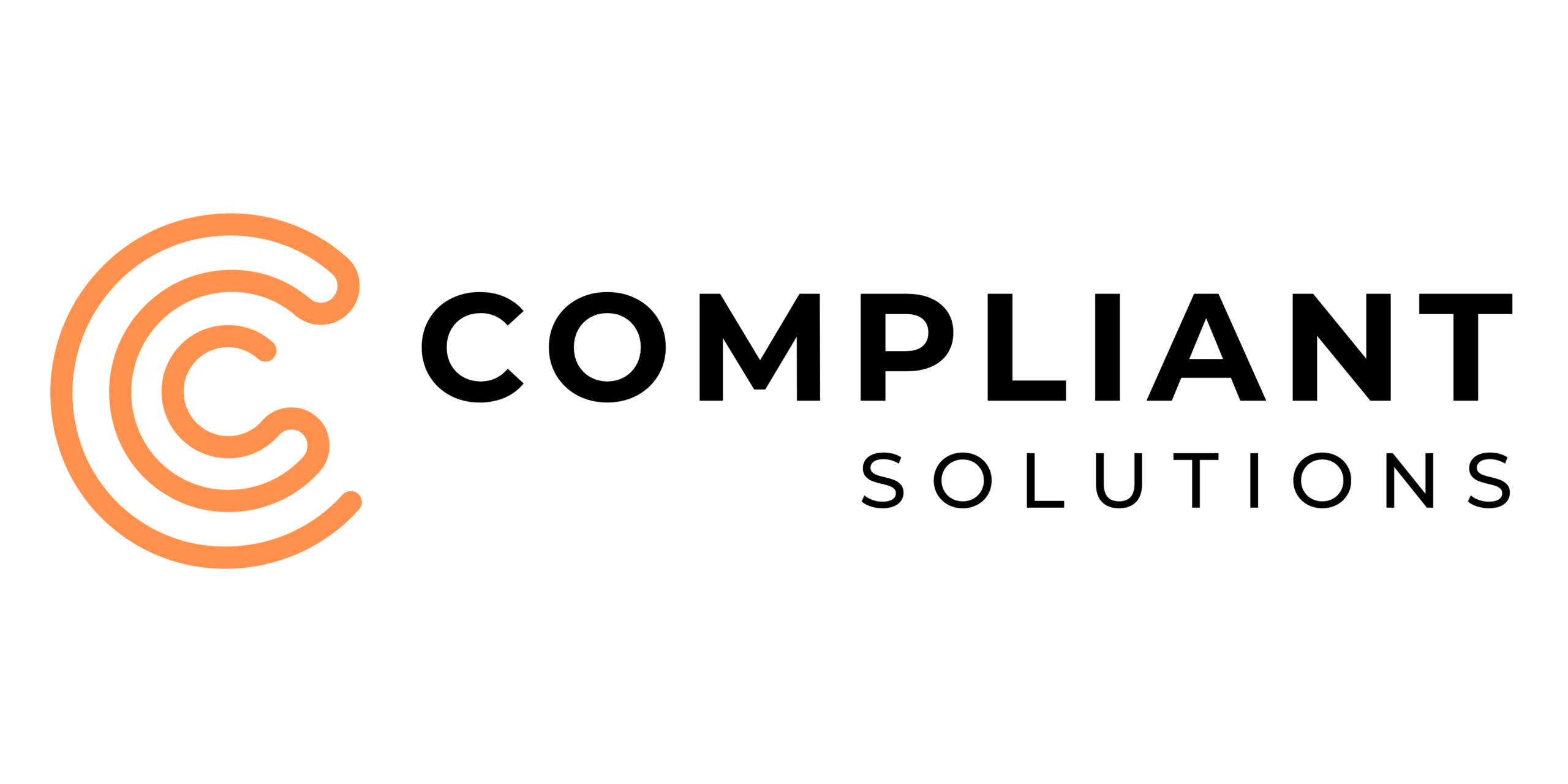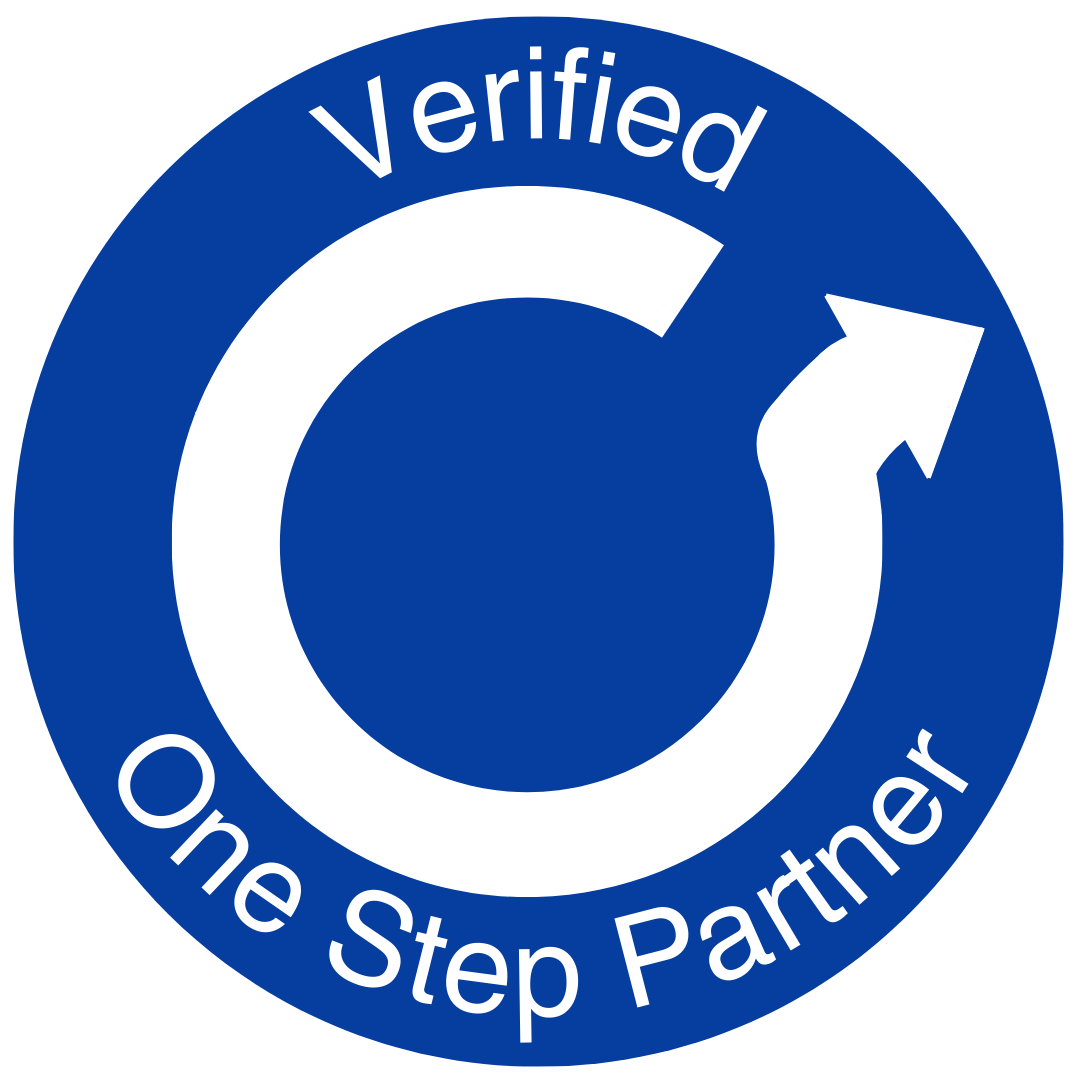Michigan Behavioral Health Facility Licensing: Steps and Requirements
Are you preparing to open a detox center, substance use disorder (SUD) treatment facility, or mental health treatment program in Michigan? Navigating the Michigan behavioral health licensure process is essential to ensure your facility meets all state regulations, receives Medicaid approval, and operates in full compliance with licensing standards. Whether you plan to offer ASAM-aligned Detox services, residential treatment (RTC), Partial Hospitalization Programs (PHP), or Intensive Outpatient Programs (IOP), your program must be aligned with requirements set forth by Michigan’s Department of Licensing and Regulatory Affairs (LARA) and overseen by the Michigan Department of Health and Human Services (MDHHS).
Michigan’s behavioral health system is divided into 10 Medicaid Prepaid Inpatient Health Plan (PIHP) Regions, each of which has unique administrative processes and contracting expectations:
- Region 1: NorthCare Network (Upper Peninsula)
- Region 2: Northern Michigan Regional Entity
- Region 3: Southwest Michigan Behavioral Health
- Region 4: Community Mental Health Partnership of Southeast Michigan
- Region 5: Mid-State Health Network
- Region 6: Detroit Wayne Integrated Health Network (DWIHN)
- Region 7: Oakland Community Health Network
- Region 8: Macomb County Community Mental Health
- Region 9: St. Clair and surrounding counties
- Region 10: Lakeshore Regional Entity (West Michigan)
Each region may have specific expectations for provider enrollment, contracting, and Medicaid service delivery, making localized expertise essential.


In Michigan, behavioral health facilities must comply with specific licensing requirements based on the services they provide. Licensing is overseen by the Michigan Department of Licensing and Regulatory Affairs (LARA) for Substance Use Disorder (SUD) programs and by the Michigan Department of Health and Human Services (MDHHS) for mental health services.
Licensing for Substance Use Disorder (SUD) Facilities
Facilities offering SUD treatment services, including Detox, Residential Treatment, Partial Hospitalization Programs (PHP), and Intensive Outpatient Programs (IOP), must obtain licensure through LARA’s Bureau of Community and Health Systems (BCHS).
Detox Facilities
To operate a detox facility in Michigan, providers must obtain a license from LARA. These facilities are required to deliver medically supervised detoxification with 24/7 care from licensed professionals. Compliance with Michigan’s standards for safety, staffing, and medical oversight is critical.
Residential Treatment Centers for SUD
Residential facilities offering 24-hour care for substance use disorders must meet LARA’s criteria for staffing ratios, clinical oversight, individualized care planning, physical environment, and treatment programming.
PHP and IOP for SUD
Partial Hospitalization Programs and Intensive Outpatient Programs for SUD must follow LARA regulations that include defined hours of service, therapeutic intensity, medical supervision (where applicable), and emergency preparedness plans. Staff qualifications, clinical documentation, and ongoing patient assessment are key components of licensure.
Licensing for Mental Health Facilities
Mental health facilities offering residential, PHP, or IOP levels of care are generally licensed through MDHHS and must comply with state-level requirements for psychiatric treatment.
Residential Treatment Centers for Mental Health
These programs must offer 24/7 therapeutic care in a structured environment. MDHHS requires individualized treatment plans, appropriate therapeutic staffing, crisis response protocols, and an evidence-based curriculum.
PHP and IOP for Mental Health
Mental health PHP and IOP programs must provide intensive clinical services during scheduled programming hours, including individual and group therapy, psychiatric oversight, and appropriate clinical staffing. MDHHS requires adherence to safety and documentation standards, including daily progress notes and treatment plan updates.
1. Determine the Type of License You Need
Decide whether your facility will provide Substance Use Disorder (SUD) services, Mental Health services, or co-occurring treatment. This determination will guide your application process with either the Michigan Department of Licensing and Regulatory Affairs (LARA) for SUD licensure or the Michigan Department of Health and Human Services (MDHHS) for mental health programs.
2. Determine If a Certificate of Need (CON) Is Required
While Certificate of Need (CON) requirements are limited in Michigan, certain facility types—particularly those offering inpatient psychiatric services—may trigger CON review depending on the proposed number of beds or service setting. Consult LARA and MDHHS early to confirm whether this applies to your project.
3. Review State Licensing Regulations
Familiarize yourself with Michigan’s licensing standards through LARA’s Bureau of Community and Health Systems (BCHS) for SUD facilities and MDHHS’s Behavioral Health and Developmental Disabilities Administration (BHDDA) for mental health programs. Carefully review applicable rules, including:
Administrative rules for Substance Use Disorder Services Programs (R 325.1301 – R 325.1399)
Mental Health Code requirements under MDHHS for psychiatric and community-based mental health services
4. Prepare Your Application and Required Documentation
Gather all required documentation, including:
Facility floor plan and zoning verification
Program description and clinical services offered
Staffing model, credentials, and supervision plans
Policies and procedures aligned with state health, safety, patient rights, and emergency preparedness standards
Governing body structure and ownership disclosures
For Medicaid reimbursement, you’ll also need to initiate PIHP enrollment in one of Michigan’s 10 regional behavioral health networks.
5. Submit Your Licensing Application
Submit your completed application and supporting documents to the appropriate licensing authority:
LARA for SUD programs
MDHHS for mental health facilities
Accuracy and completeness are essential to prevent processing delays. Application fees may apply depending on the service type and bed count.
6. Prepare for On-Site Inspection
After submitting your application, your facility will be subject to a pre-licensure inspection by state surveyors. The inspection will assess compliance with standards for:
Physical environment and safety
Clinical services and documentation
Staffing and staff credentials
Infection control and emergency protocols
Be prepared to show operational readiness and documentation that aligns with Michigan’s regulatory expectations.
7. Receive Your License and Begin Operations
Once your facility passes inspection and meets all applicable licensing requirements, you will receive your state license. You can then begin operating and, if enrolled with a PIHP, serve Medicaid beneficiaries within your designated region.


Behavioral health facility licensing in Michigan is overseen by two primary agencies:
The Michigan Department of Licensing and Regulatory Affairs (LARA), which governs licensure for Substance Use Disorder (SUD) facilities through the Bureau of Community and Health Systems (BCHS).
The Michigan Department of Health and Human Services (MDHHS), which provides oversight and standards for Mental Health services, particularly for residential and community-based psychiatric programs.
Both LARA and MDHHS establish specific regulatory requirements to ensure facilities meet the state’s standards for patient care, safety, clinical oversight, and staffing.
Key Requirements for Licensing in Michigan
Compliance with State Regulations
All behavioral health and SUD facilities must comply with the Michigan Administrative Code, including rules set by LARA for SUD services and by MDHHS for mental health programming. Compliance includes but is not limited to:
Staffing qualifications and supervision
Clinical care delivery standards
Safety and infection control protocols
Emergency preparedness plans
Facility operational policies
Staffing and Program Requirements
Michigan requires appropriate staffing based on the level of care offered. Each program must employ licensed and credentialed professionals in accordance with state rules. This may include:
Physicians (for detox and psychiatric oversight)
Licensed counselors, social workers, and psychologists
Nurses, peer support specialists, and case managers
Clinical supervisors and administrative leadership
Staffing must support the therapeutic model outlined in your program description, whether for Detox, Residential, PHP, or IOP levels of care.
Facility Compliance
Facilities must meet health and safety standards established by the state, including:
ADA accessibility
Environmental health standards
Zoning and fire marshal clearance
Security and emergency management policies
LARA will conduct an inspection to ensure that the facility is physically and operationally compliant prior to granting a license.
Therapeutic Program Structure
Treatment programs must be evidence-based and aligned with ASAM criteria for SUD services or MDHHS standards for mental health services. Your program must include:
A clearly defined clinical model
Individualized treatment planning
A structured daily schedule of therapeutic services
Discharge and aftercare planning
Documentation and outcomes tracking
Whether you’re opening a Detox facility, Residential Treatment Center, Partial Hospitalization Program (PHP), or Intensive Outpatient Program (IOP), your services must reflect the clinical intensity and staffing structure required for that level of care under Michigan law.
Navigating the behavioral health and substance use disorder (SUD) facility licensing process in Michigan can be complex—but Atlantic Health Strategies is here to help. Our team offers expert guidance to ensure your facility complies with all LARA and MDHHS regulations. From strategic planning to documentation support and pre-inspection preparation, we streamline the licensing journey to help you open quickly and confidently. Let us handle the red tape so you can focus on delivering exceptional care to your community.
Contact Us Today!
Ready to start your licensing journey in Michigan? Contact Atlantic Health Strategies and let our experts guide you through the LARA and MDHHS licensing process. Whether you’re launching a Detox, Residential, PHP, or IOP program, we’ll help you navigate Michigan’s regulatory framework, meet PIHP expectations, and get your facility licensed—efficiently and without hassle.










